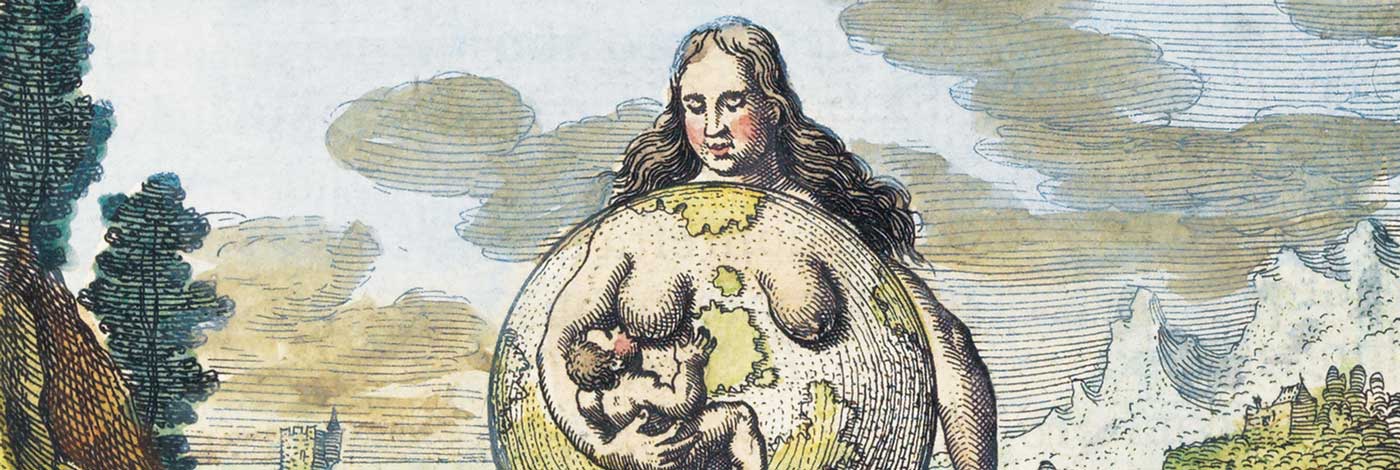
 Anthropozoologica
HS (1) - Pages 275-278
Anthropozoologica
HS (1) - Pages 275-278The settlement of Tell Sabi Abyad is situated in the Balikh valley of northern Syria. Excavations at Tell Sabi Abyad were undertaken in 1986, 1988, 1991 and 1992 by the university of Amsterdam and university of Leiden (under the auspices of the National Museum of Antiquities). The various trenches, excavated at the northeastern mound of the site, gave evidence of a continuous and uninterrupted sequence of Late Neolithic occupation, with the Halaf culture gradually emerging from an earlier, locally founded Neolithic tradition (ca. 5700-5000 BC). So far, no other excavated site has produced a similar transitional period between the Early Neolithic and Halaf, as all the other investigated sites were newly founded somewhere in the Halaf period (Akkermans and Le Mière, 1992). At present three major period of prehistoric occupation are represented : 1. The pre-Halaf Neolithic (ca. 5300-5200 BC). 2. The Transitional period (ca. 5200-5100 BC). 3. The Early Halaf period (ca. 5100-5000 BC).